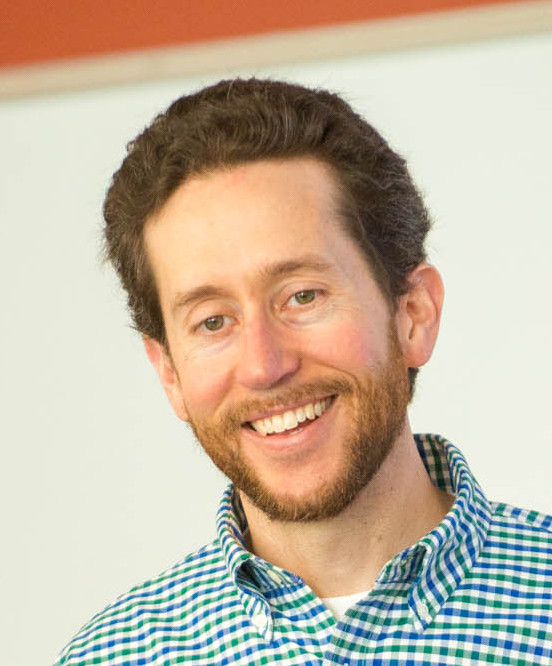Confirmation: Learning God’s Worldview
By Ryan C. MacPherson, Ph.D.
Lutheran Sentinel (Evangelical Lutheran Synod), May 2011, 18.
A book entitled All I Really Need to Know I Learned in Kindergarten suggests that life’s basic lessons stem from early education. Applying that theme to Christian education, one might say, “All I really need to know I learned in confirmation class.”
The point is not that one’s training in God’s Word should come to a stop after confirmation. Rather, it means that the standard confirmation textbook—Luther’s Small Catechism—sets forth the chief doctrines of Holy Scripture with clarity and precision, putting the proper perspective on whatever may be encountered later in life. The catechism presents God’s worldview as revealed in Scripture. Consider the following examples.
The First Commandment
Atheists and agnostics claim religious neutrality, dismissing Christians as biased. Confirmands know well that “we should fear, love, and trust in God above all things.” In the Large Catechism, Luther expands this definition of the First Commandment to note that whatever people fear, love, or trust most is their god. Fear of global warming, love of freedom, or trust in science often are the gods of atheists and agnostics. Religiously neutral? Hardly. Besides, why should we be “neutral” when the LORD calls us to acknowledge Him alone as God?
The Fourth Commandment
We owe honor to our parents and to other earthly authorities, whose office is derived from parenthood. Ridiculing public officials on talk radio violates this commandment. So do government policies that seek to redefine marriage and parenthood contrary to God’s created order. Luther’s Large Catechism emphasizes that government exists to serve and protect husbands, wives, and children; as God’s instrument for those purposes, it deserves our respect
The Second Article
Liberal churches celebrate each person’s subjective encounter with the moral lessons in the Gospel readings while doubting the reality of those narratives. The Second Article reminds us that Jesus is true God (“conceived by the Holy Spirit”) and true man (“born of the Virgin Mary”), and is part of history (“suffered under Pontius Pilate”). Jesus was not simply another Moses—and He certainly was not another Muhammad or Confucius. Jesus taught good ethics, but more importantly, He did what no other man could do: He died and rose “to redeem me, a lost and condemned creature.”
The Fourth Petition
Bad economy? Worried about paying for college, getting a job, or providing for your family? “Daily bread includes everything needed for this life,” which God generously gives “even to all the wicked.” Confirmation teaches us to open our eyes to God’s blessings, turn our worries into prayers of thanksgiving, and share with those who have greater needs than our own.
Baptism
Have you repeated one of yesterday’s sins again today? Stare that Old Adam in the face and drown him “by daily contrition and repentance.” Remember that Christ’s death has put to death the Old Adam, and Christ’s resurrection has given you “newness of life” (Romans 6:4). Rest assured that the final victory is Christ’s—and yours!
The Lord’s Supper
Christ, who is present in Word and Sacrament, receives central attention during confirmation class; confirmands publicly claim Christ’s name as their own in the Rite of Confirmation, just as they were baptized into His name. In the Lord’s Supper, confirmed members eat and drink His body and blood for the forgiveness of sins, rejoicing—even amid persecution, famine, or war—that “where there is forgiveness of sins, there is also life and salvation.”
A Biblical Worldview
The Small Catechism—with its companion, the Large Catechism—provides a rich tapestry of biblical wisdom and gracious comfort relevant to all of life. Let this be your worldview.
Available:
- Audio Recording: Listen to MP3
- Lutheran Sentinel (abbreviated, published version of this essay)

